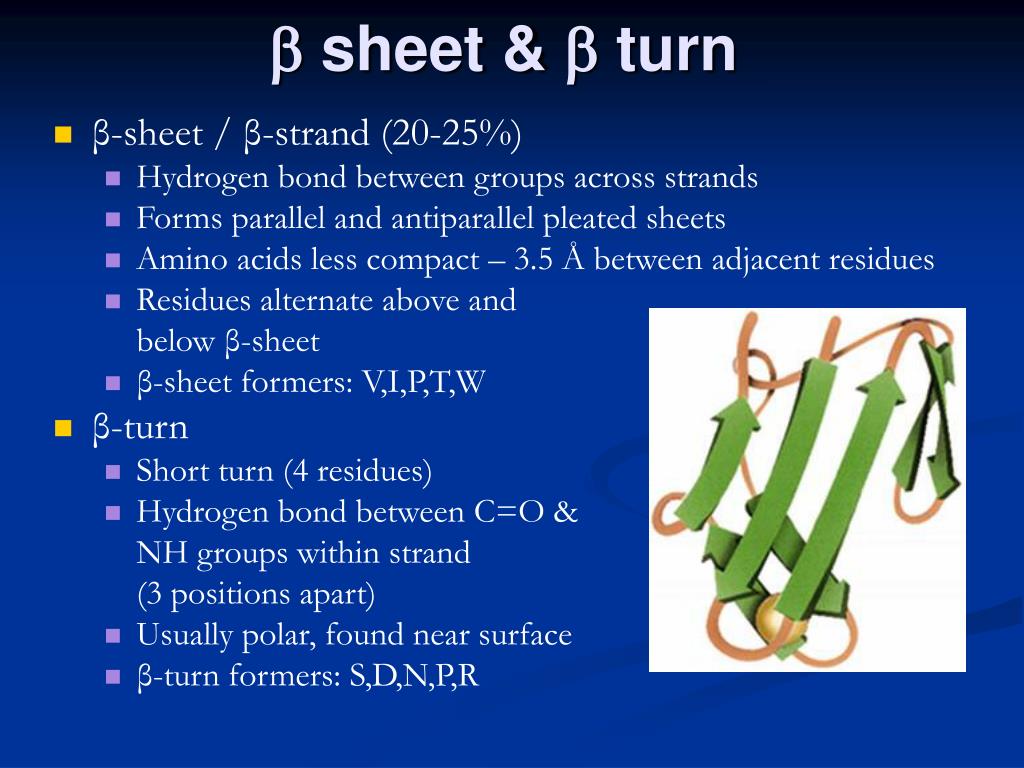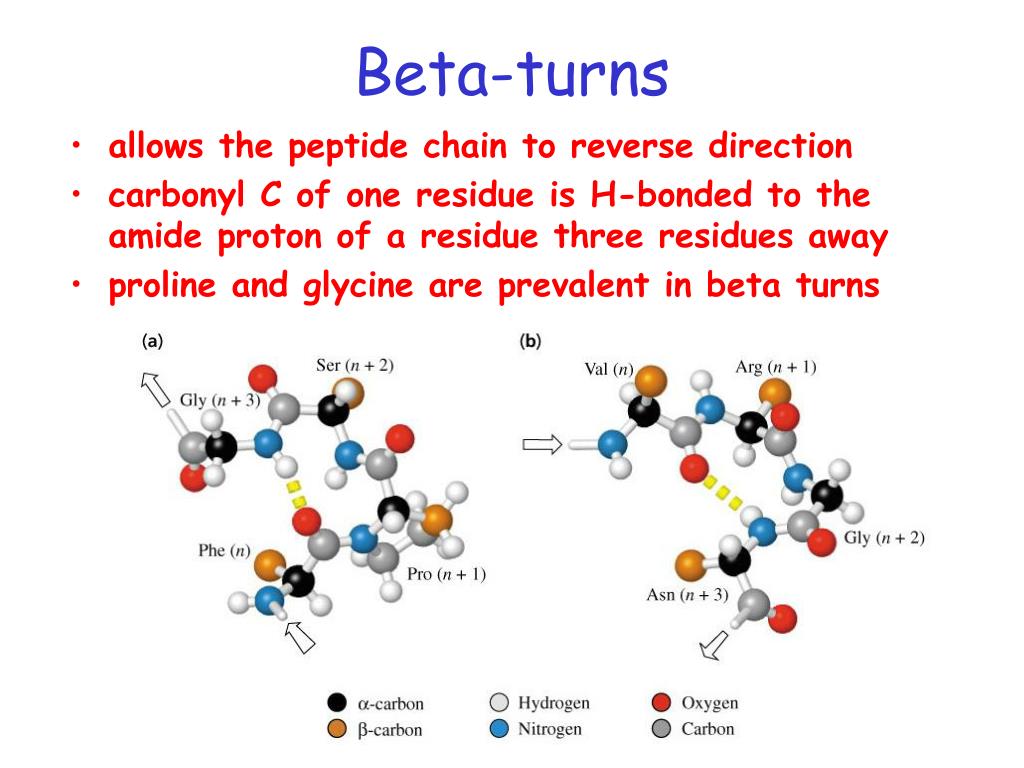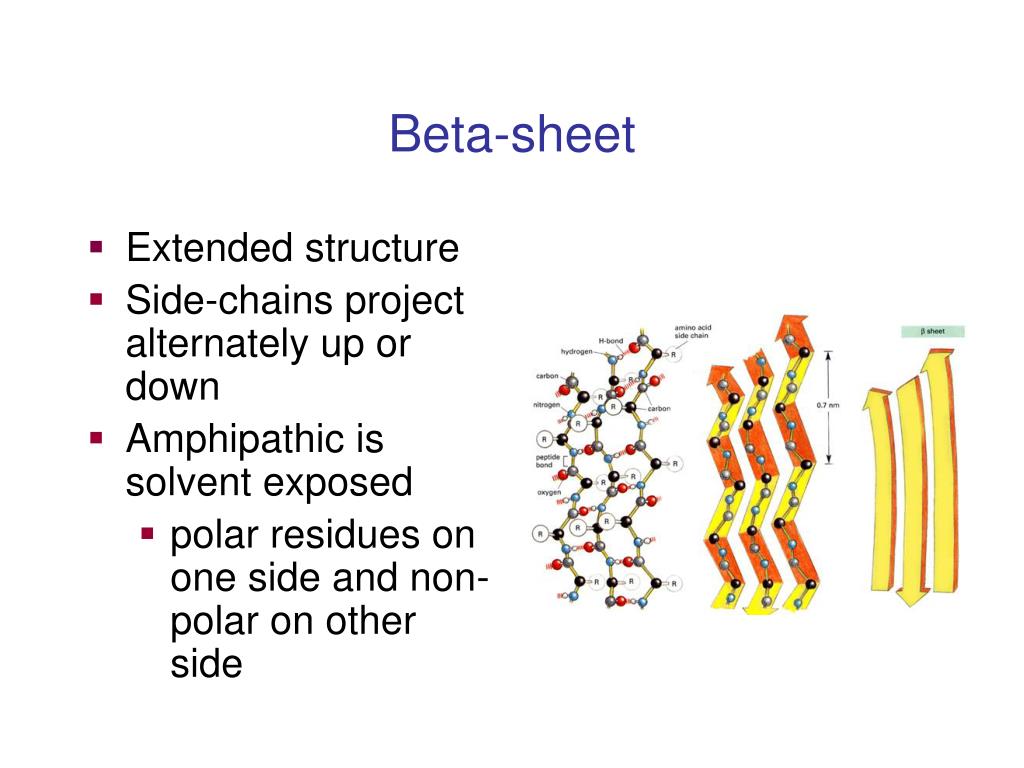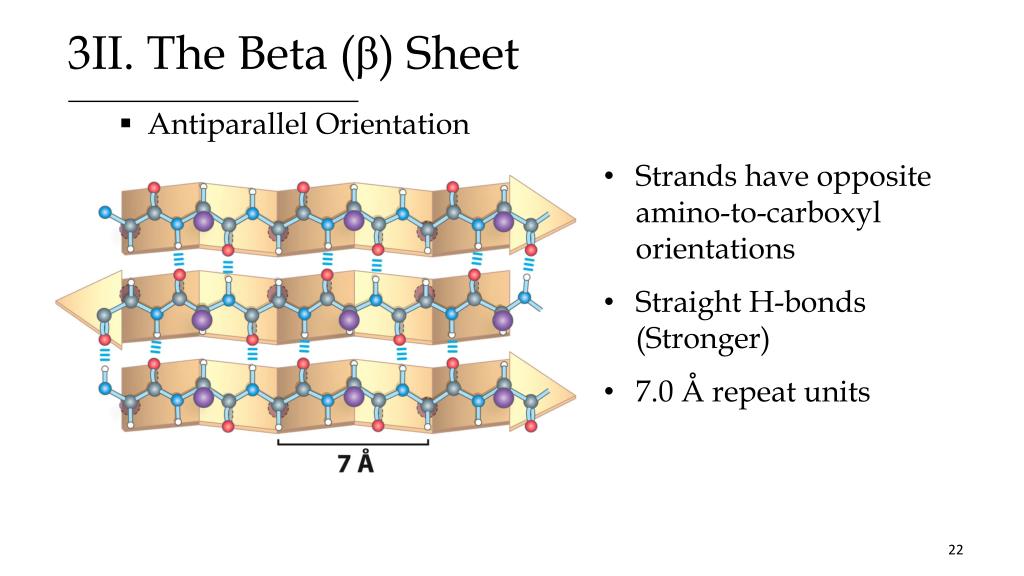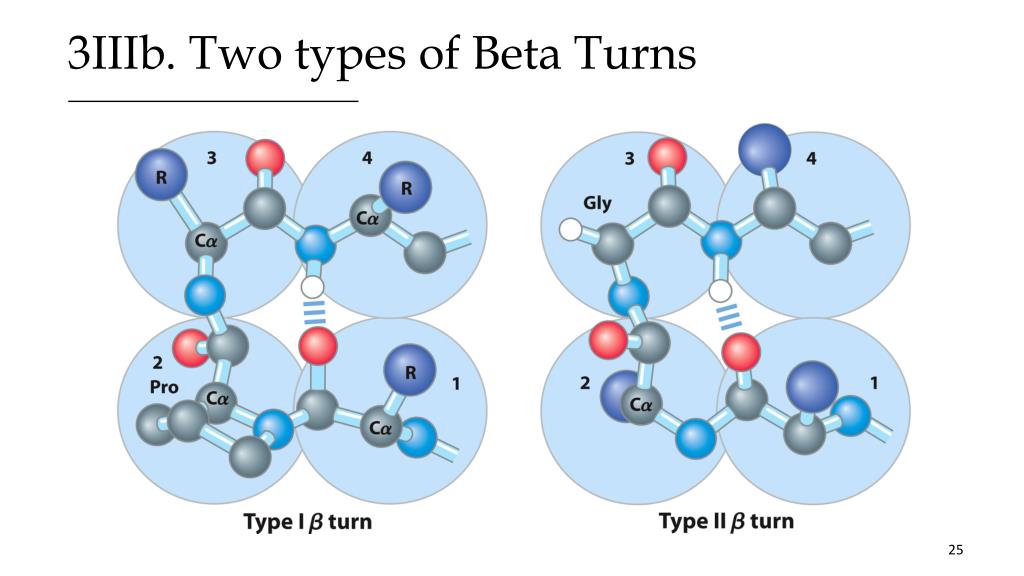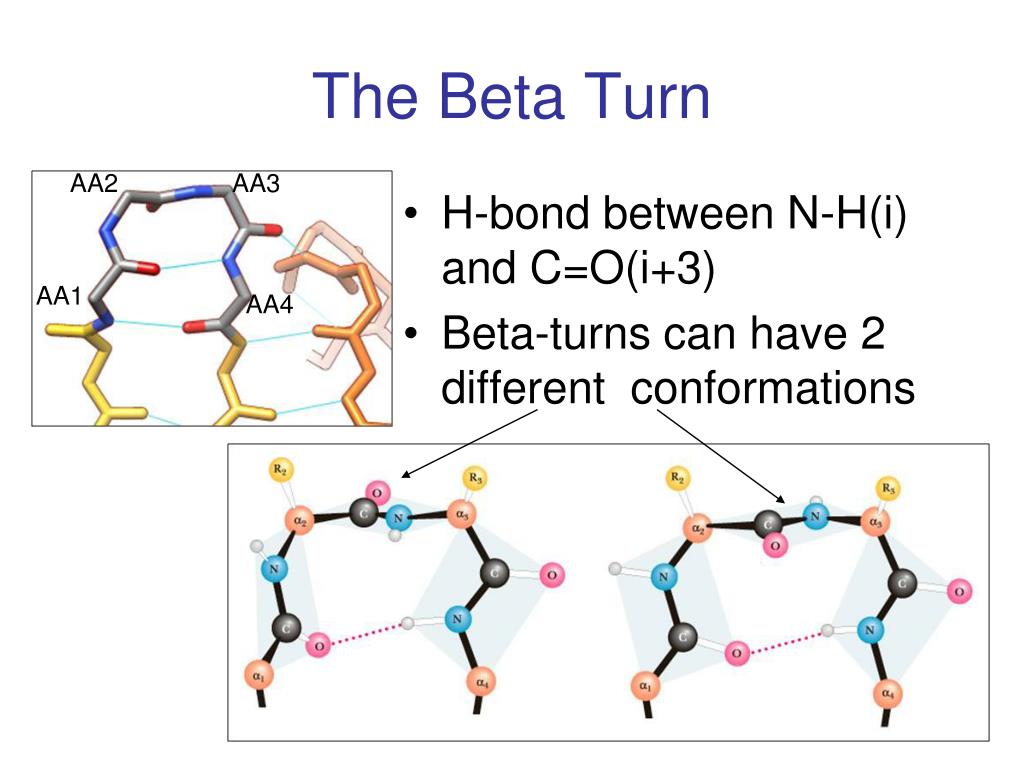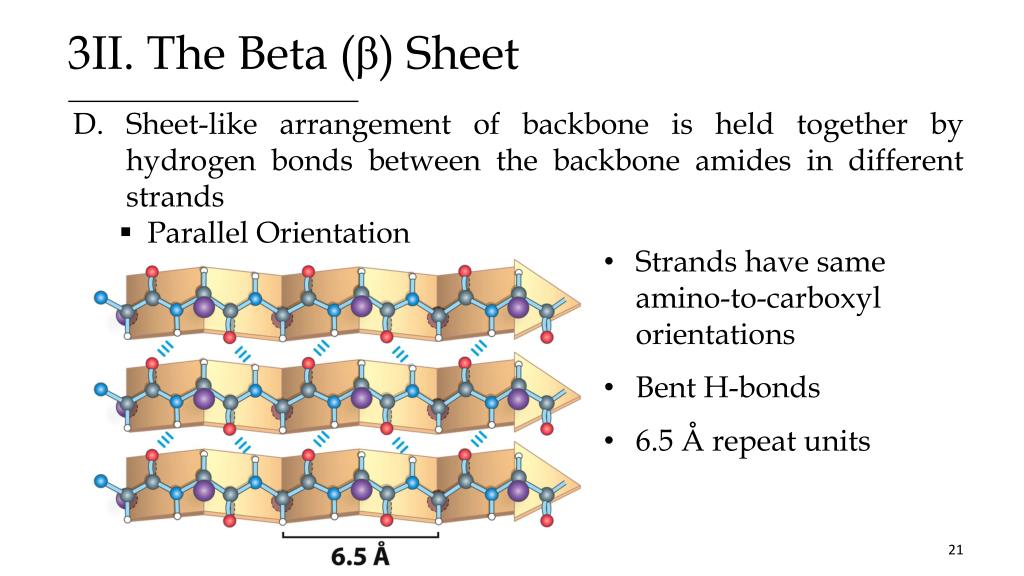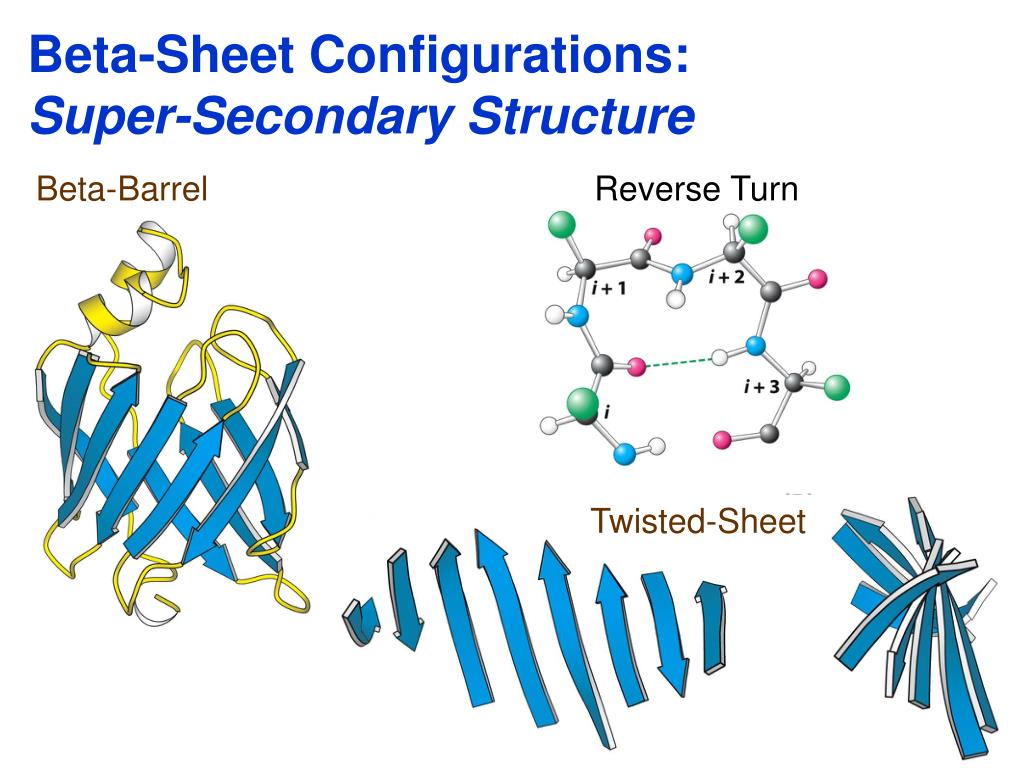Beta Turn Vs Beta Sheet - Short turns and longer loops are essential in protein 3d structures, connecting strands to. It goes up and above the sheet, then loops. The type of beta turn displayed is generally related to the identity of the amino acids found in the turn. Parallel beta sheets can't be connected with beta turns because the strand doesn't make a hairpin turn. Explain how beta strands form pleated sheet structures and how the alternating orientation of side chains contributes to sheet stability and. The use of i, i+1, i+2, and i+3, are. The secondary structure can allow.
The secondary structure can allow. The type of beta turn displayed is generally related to the identity of the amino acids found in the turn. Parallel beta sheets can't be connected with beta turns because the strand doesn't make a hairpin turn. Explain how beta strands form pleated sheet structures and how the alternating orientation of side chains contributes to sheet stability and. The use of i, i+1, i+2, and i+3, are. It goes up and above the sheet, then loops. Short turns and longer loops are essential in protein 3d structures, connecting strands to.
Short turns and longer loops are essential in protein 3d structures, connecting strands to. It goes up and above the sheet, then loops. Parallel beta sheets can't be connected with beta turns because the strand doesn't make a hairpin turn. The type of beta turn displayed is generally related to the identity of the amino acids found in the turn. The secondary structure can allow. Explain how beta strands form pleated sheet structures and how the alternating orientation of side chains contributes to sheet stability and. The use of i, i+1, i+2, and i+3, are.
Levels of protein structure secondary Biomacromolecular structures
Explain how beta strands form pleated sheet structures and how the alternating orientation of side chains contributes to sheet stability and. Parallel beta sheets can't be connected with beta turns because the strand doesn't make a hairpin turn. The type of beta turn displayed is generally related to the identity of the amino acids found in the turn. The secondary.
PPT Protein Structure Databases PowerPoint Presentation, free
The type of beta turn displayed is generally related to the identity of the amino acids found in the turn. The use of i, i+1, i+2, and i+3, are. The secondary structure can allow. Explain how beta strands form pleated sheet structures and how the alternating orientation of side chains contributes to sheet stability and. Parallel beta sheets can't be.
PPT Chapter 4 PowerPoint Presentation, free download ID6788915
It goes up and above the sheet, then loops. The use of i, i+1, i+2, and i+3, are. Parallel beta sheets can't be connected with beta turns because the strand doesn't make a hairpin turn. Explain how beta strands form pleated sheet structures and how the alternating orientation of side chains contributes to sheet stability and. The type of beta.
PPT Protein Structure PowerPoint Presentation, free download ID4519007
Explain how beta strands form pleated sheet structures and how the alternating orientation of side chains contributes to sheet stability and. Short turns and longer loops are essential in protein 3d structures, connecting strands to. The secondary structure can allow. The type of beta turn displayed is generally related to the identity of the amino acids found in the turn..
PPT Protein Structure Primary and Secondary Structure PowerPoint
Parallel beta sheets can't be connected with beta turns because the strand doesn't make a hairpin turn. The secondary structure can allow. It goes up and above the sheet, then loops. Short turns and longer loops are essential in protein 3d structures, connecting strands to. The use of i, i+1, i+2, and i+3, are.
PPT Protein Structure Primary and Secondary Structure PowerPoint
Short turns and longer loops are essential in protein 3d structures, connecting strands to. The use of i, i+1, i+2, and i+3, are. The type of beta turn displayed is generally related to the identity of the amino acids found in the turn. Explain how beta strands form pleated sheet structures and how the alternating orientation of side chains contributes.
Amino Acid Secondary Structure
Parallel beta sheets can't be connected with beta turns because the strand doesn't make a hairpin turn. The secondary structure can allow. The type of beta turn displayed is generally related to the identity of the amino acids found in the turn. Explain how beta strands form pleated sheet structures and how the alternating orientation of side chains contributes to.
PPT Biological Macromolecules PowerPoint Presentation, free download
The use of i, i+1, i+2, and i+3, are. The type of beta turn displayed is generally related to the identity of the amino acids found in the turn. It goes up and above the sheet, then loops. Explain how beta strands form pleated sheet structures and how the alternating orientation of side chains contributes to sheet stability and. Short.
PPT Protein Structure Primary and Secondary Structure PowerPoint
Explain how beta strands form pleated sheet structures and how the alternating orientation of side chains contributes to sheet stability and. The secondary structure can allow. Parallel beta sheets can't be connected with beta turns because the strand doesn't make a hairpin turn. It goes up and above the sheet, then loops. The use of i, i+1, i+2, and i+3,.
PPT Proteins Amino Acid Chains PowerPoint Presentation, free
Explain how beta strands form pleated sheet structures and how the alternating orientation of side chains contributes to sheet stability and. The type of beta turn displayed is generally related to the identity of the amino acids found in the turn. The use of i, i+1, i+2, and i+3, are. The secondary structure can allow. It goes up and above.
The Use Of I, I+1, I+2, And I+3, Are.
Explain how beta strands form pleated sheet structures and how the alternating orientation of side chains contributes to sheet stability and. The secondary structure can allow. The type of beta turn displayed is generally related to the identity of the amino acids found in the turn. Short turns and longer loops are essential in protein 3d structures, connecting strands to.
Parallel Beta Sheets Can't Be Connected With Beta Turns Because The Strand Doesn't Make A Hairpin Turn.
It goes up and above the sheet, then loops.

